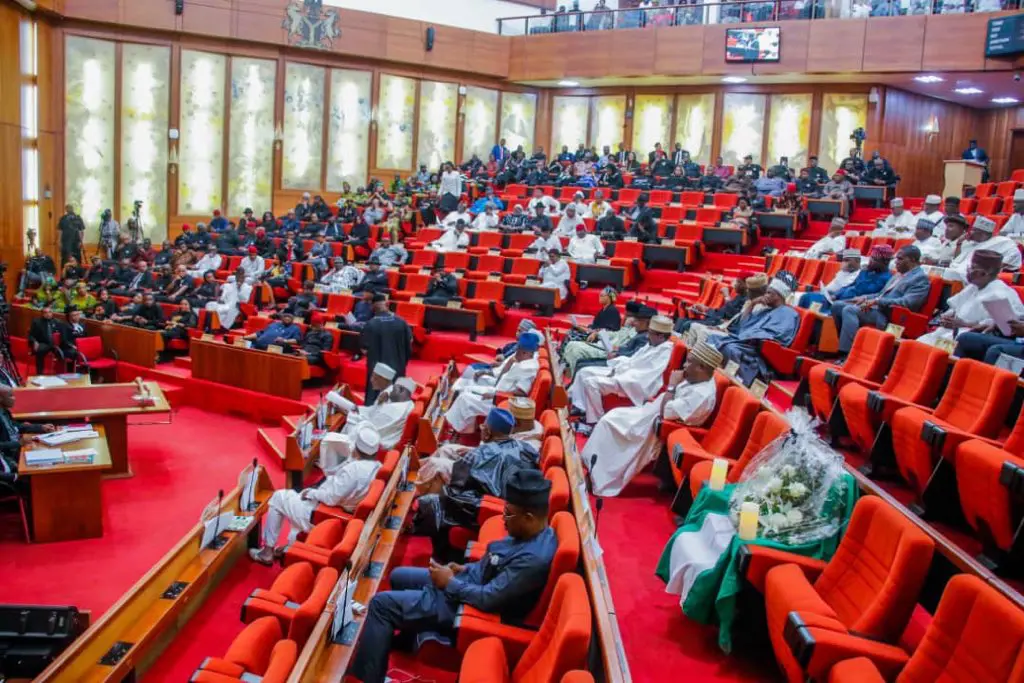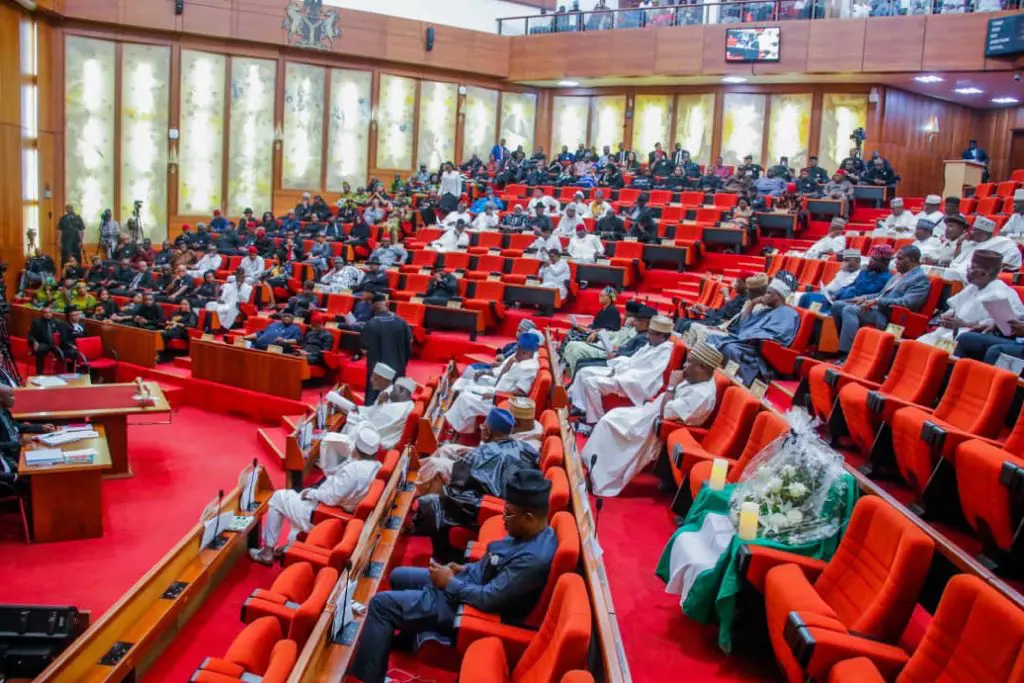
The bills, which were presented for consideration on Thursday, aim to streamline tax processes and establish key tax institutions.
The Nigerian Senate has passed four key tax reform bills for their second reading.
The bills, which were presented for consideration on Thursday, aim to streamline tax processes and establish key tax institutions.
There have been controversies around the bills as the northern stakeholders and governors have kicked against the tax bills.
Following the debate, Senate President Senator Godswill Akpabio referred the bills to the Committee on Finance, led by Senator Sani Musa (APC, Niger East), for further legislative action.
The committee is expected to report back in six weeks.
Senator Opeyemi Bamidele, Senate Leader (APC, Ekiti Central), presented the lead debate on the bills, which include proposals to establish the Joint Revenue Board, Tax Appeal Tribunal, and Tax Ombudsman Office, along with reforms to the Federal Inland Revenue Service (FIRS).
Other measures focus on improving the coordination and settlement of disputes arising from revenue administration.
Meanwhile, during his remarks, Senate President, Senator Akpabio, stated that the upcoming public hearing would involve experts, Governors from the Nigeria Governors Forum (NGF), traditional rulers, and other relevant stakeholders.
He explained that, ultimately, the Senate aims to deliver what is best for the Nigerian people and the country.
In September, President Tinubu transmitted four tax reform bills to the National Assembly, following recommendations from the Presidential Committee on Fiscal and Tax Reforms, chaired by Taiwo Oyedele.
The bills are intended to review and update existing tax laws.
The proposed legislation includes the Nigeria Tax Bill 2024, designed to establish a fiscal framework for taxation, and the Tax Administration Bill, which aims to clarify and simplify the legal framework for taxes, reducing potential disputes.
However, the Nigeria Revenue Service Establishment Bill seeks to replace the Federal Inland Revenue Service Act with the creation of the Nigeria Revenue Service, while the Joint Revenue Board Establishment Bill proposes the formation of a tax tribunal and a tax ombudsman.


